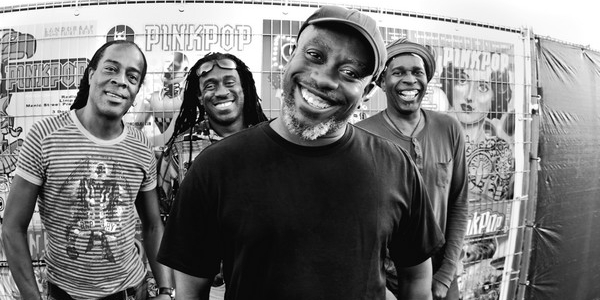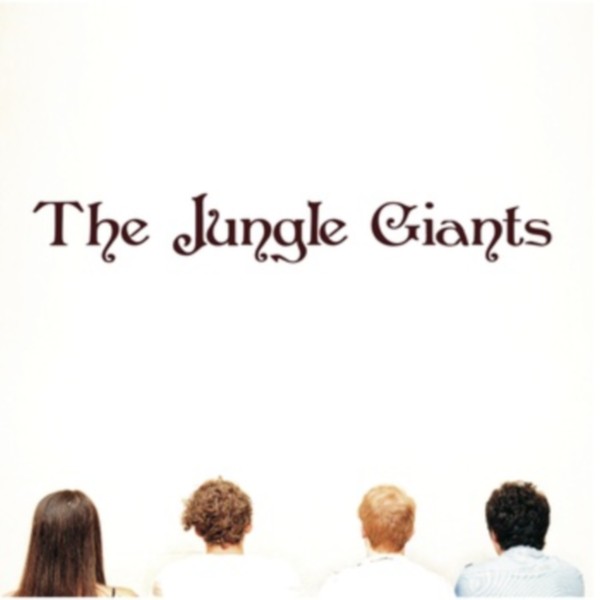“The songs have a new kind of truth to them and there’s a new reality to them,” he says. “Like Open Letter (To a Landlord), I’m reminded of the fact that the world that created the band, all of those clubs are gone. CBGBs, The Cat Club, The Palladium – none of those clubs are around. All these songs, you know Cult Of Personality, right now there’s so much reality TV it’s like Andy Warhol was a prophet; Andy Warhol said everyone’s going to be famous for 15 minutes.”
Rather than being too concerned about claiming sagacious ownership over the messages in his songs, Reid humbly discusses how beneficial it is to let songs exist separately from the circumstances of creation. “When I listen to Cult Of Personality I hear the sound of a band getting out of the way of a song. There’s so many ways to interrupt, to edit, to destroy an artistic thing, by being too controlling, by having not enough craft. Everything has to be in balance and then you have to get out of the way of the thing.”
The fortunes of Living Colour’s 1988 debut record were greatly boosted by support from none other than Mr Mick Jagger. Jagger co-produced the record and then took Living Colour on tour with The Rolling Stones, which undeniably helped push them into the limelight. Even with Jagger championing the band Reid explains that it was thoroughly surprising when their music begun to pervade the mainstream.
“It was very difficult for the band early on [so] it was very exciting, first of all, when the band started to gain a local following. Then for people like Mick Jagger to pay attention, even that wasn’t a guarantee the record was going to get on the radio. So eventually when we did that video [for lead single Cult of Personality] it was crazy that it started to happen, because so many people said it was not going to happen.”
After three full-length releases Living Colour split up in 1995, but in 2000 the band reformed and have released two records of new music since then. The band’s most recent album, Chair In The Doorway, came out in 2009 and work has now commenced on a follow-up record. Reid reveals that two people who worked with the band in the early days will feature on the forthcoming album.
“We’re working with a producer named Andre Betts. We have a track and Chuck D from Public Enemy is doing something on this track and it’s pretty cool.” Chuck D famously appears on the Vivid single Funny Vibe, and Betts aided with the production of the band’s 1993 record Stain. Re-kindling these relationships could imply the band are attempting to channel the creative spark that defined their heyday, however, Reid asserts he’s not too interested in re-enacting the past.
“I wouldn’t try to write a song like Funny Vibe now. That conversation was a very autobiographical conversation from 25 years ago. Even though some of those things that we talked about have relevance today, what I’m really concerned about is, ‘What am I thinking and talking about right now?’”
Vivid’s success catapulted Living Colour from underground hopefuls to Grammy Award winning rock stars, shifting the boundaries of alternative rock music in the process. Despite causing such a huge impact, Reid says it’s never been his intent to change the face of music, indicating that any such ambition will inevitably be ill-fated.
“When people say, ‘What’s the next music going to be like?’ well the next music is going to be a bunch of craft and a bunch of happy accidents. People that set out to make the ‘new music’ never do. What happens is things you can’t imagine collide against things that you’re trying to do and suddenly something else happens, so that’s something I’m trying to stay open to.”
BY AUGUSTUS WELBY







